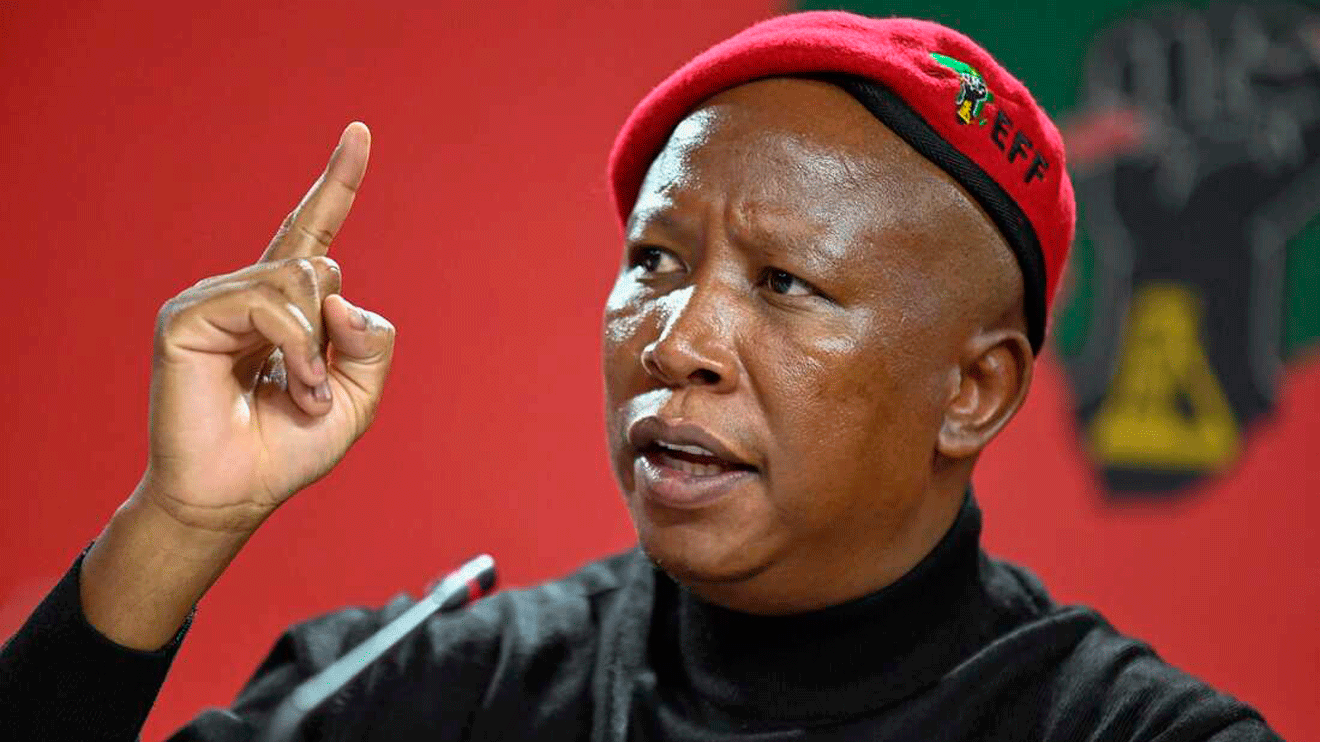A recent controversy surrounding a chant made by South African politician Julius Malema at a rally has drawn sharp criticism from entrepreneur Elon Musk. The chant, “Kill the Boer, kill the farmer,” has historical roots and was popularised in the 1990s by Peter Mokaba, a youth leader of the ruling African National Congress party. However, it is essential to contextualise the chant and understand its symbolic significance rather than taking it literally. Malema, the leader of the Economic Freedom Fighters (EFF), has rejected claims of promoting violence, asserting that the chant represents a stand against apartheid and does not incite hatred or genocide.
The chant “Kill the Boer, kill the farmer” gained prominence during South Africa’s transition from White-minority rule to democracy in 1994. At the time, Peter Mokaba, a prominent ANC youth leader, popularised the chant as a rallying cry against the oppressive apartheid regime. While the phrase may be alarming at face value, it is essential to recognise that its historical context reflects a struggle for justice, freedom, and equality.
Last year, South Africa’s Equality Court ruled that the chant did not constitute hate speech. This legal ruling underscores the importance of understanding the symbolic nature of the chant and recognising its historical ties to the fight against apartheid. It serves as a reminder that interpretation is crucial in assessing the true intent and meaning behind expressions used in political discourse.
Elon Musk, a prominent figure born in South Africa and now leading groundbreaking ventures, criticised Malema’s chant on his social media platform. While Musk’s concerns about potential violence and genocide are understandable, it is essential to differentiate between political rhetoric and incitement. As a society that values freedom of expression, it is crucial to engage in constructive dialogue, fostering understanding and unity, rather than promoting divisiveness.
Malema dismissed the criticism, affirming that the chant is not meant to incite violence or hatred towards any specific group. Instead, he emphasises that it symbolises a call to dismantle the legacy of apartheid and work towards a more equitable South Africa.
As South Africa continues to grapple with its complex past and strives towards a more inclusive future, fostering open dialogue and understanding is imperative. Recognising the historical significance of political expressions while advocating for peaceful discourse is vital in promoting social cohesion and unity among diverse communities.
As a nation that emerged from a history of oppression and division, South Africa’s journey towards reconciliation and nation-building demands respect for freedom of expression and democratic values. Balancing the right to speak out against historical injustices with the responsibility to promote peaceful coexistence is a delicate yet essential task for all citizens.

